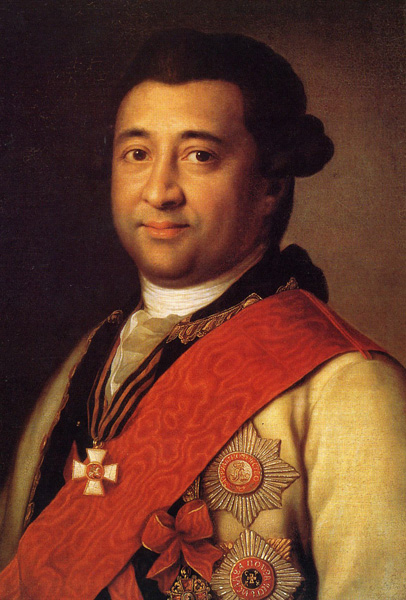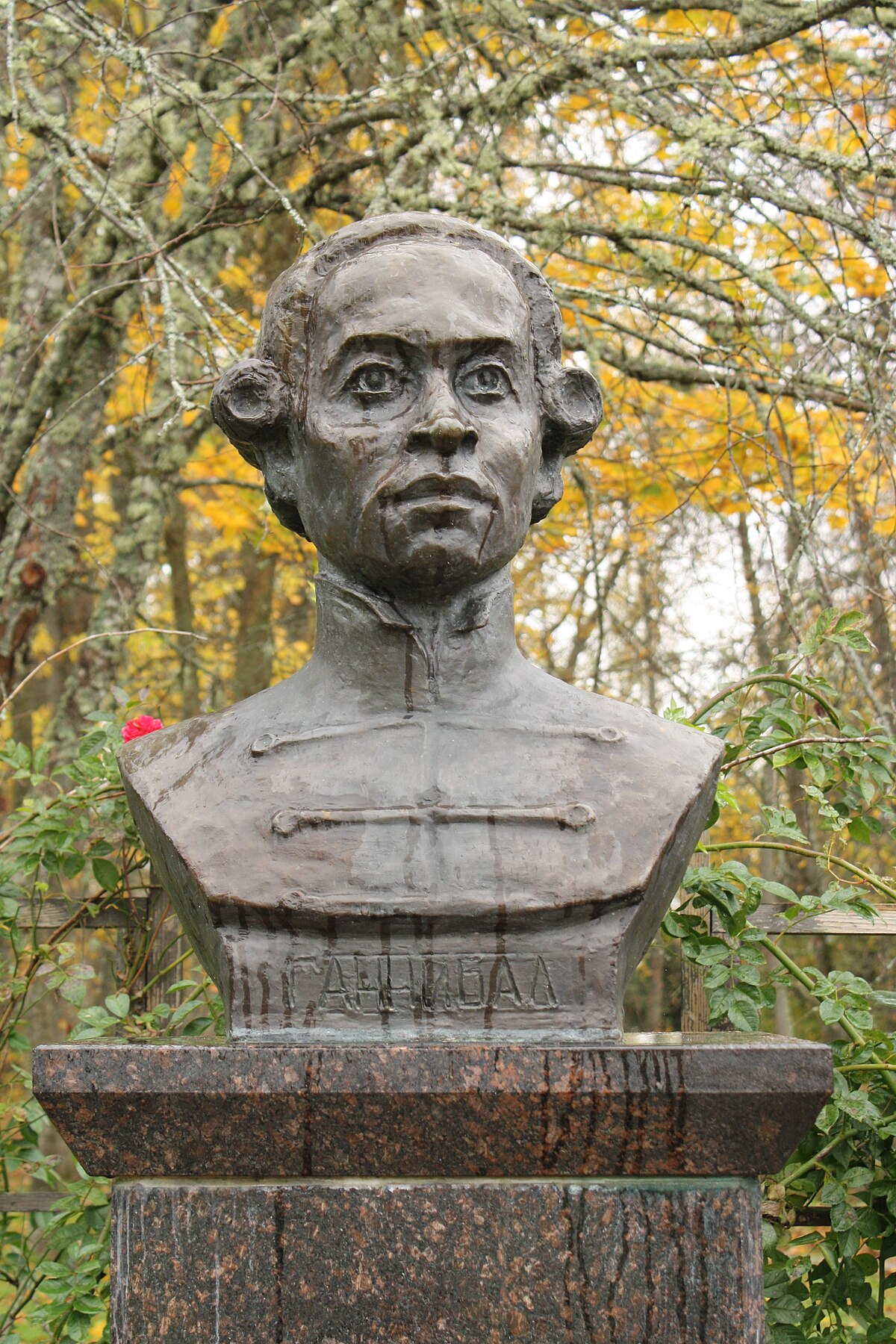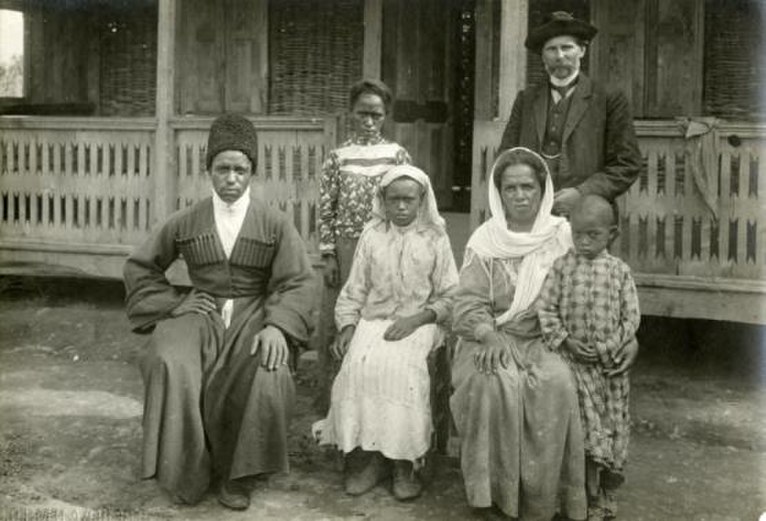While researching things to disprove Heraclitus I was reminded of some interesting historical characters who had the distinction of being successful African individuals in 17th, 18th, and 19th century Europe, in an era better known for African enslavement. We all know about Alexander Dumas but here's some more interesting historical persons that seem very anachronistic (as does the open-ness of Europeans at the time):


As for Abram Hannibal's son:

Abram Hannibal is most famous though for being the great-grandfather of famous author and poet Alexander Pushkin.
The saga of Anthony William Amo should have been familiar to Kant because Amo gained fame in Germany for his philosophical studies. Born on the Gold Coast around 1700, he was taken to Amsterdam by the West India Company when he was about 10 years old and was presented to the Duke of Wolfenbüttel. He was baptized in Wolfenbüttel in 1707 and given the names Anton and Wilhelm in honor of the reigning duke and his son. A grant from the duke allowed Amo to be educated to a point where he was able to enter the universities at Halle, in 1727, and Wittenberg, in 1730, where he became skilled in Latin, Greek, Hebrew, French, German, and Dutch and concentrated on philosophy. In 1734 he was awarded the doctorate degree from the University of Wittenberg with a dissertation on "De humanae mentis apatheia" ("On Apathy in the Human Mind"). In his philosophical work he was a rationalist, devoting special attention to mathematical and medical knowledge in the context of Enlightenment thought. He became a lecturer at the University of Halle and later at the University of Jena until the 1750s.

Among the few fairly prominent black figures in Dutch history who at least briefly caught the public eye, the earliest was the former slave Jacobus Capitein, so named because a Dutch captain brought him to Leiden, where he was put into school, mastered several European languages, and eventually became a predicant after completing theological training at the University of Leiden in 1742. He became famous as author of a treatise that defended slavery as an avenue to redemption for Africans. His portrait, usually accompanied by didactic poetry, circulated widely, advertising that blacks could be transformed by Christianity and Western civilization. Prior to going off to what was to prove a disastrous mission in his homeland on the Gold Coast, he preached a number of times in Holland to audiences who flocked to see this novelty.

The first black to attain high recognition in Russia was Abram Hannibal, the African slave who became a favorite of Tsar Peter the Great and was the maternal great-grandfather of Pushkin, the single most revered figure in all of Russian culture. Brought to Russia at the beginning of the 18th century as part of a group of young black prospective servants, Hannibal, under the tsar's sponsorship, went on to attain a high level of education in France and, after returning to Russia, eventually advanced to the rank of major general in the army engineers. He brought back to Russia a personal library of 400 books, one of the largest and most up-to-date in the empire, and himself published a two-volume compilation on geometry and construction techniques. The owner of several estates, complete with serf labor, he served from 1743 to 1751 as Commandant of the city of Reval on the Baltic, not far from Kant's Königsberg. He later directed major canal and other construction projects.

Gannibal's oldest son, Ivan, became an accomplished naval officer who helped found the city of Kherson in 1779 and attained the rank of General-in-Chief, the second highest military rank in imperial Russia.








Comment